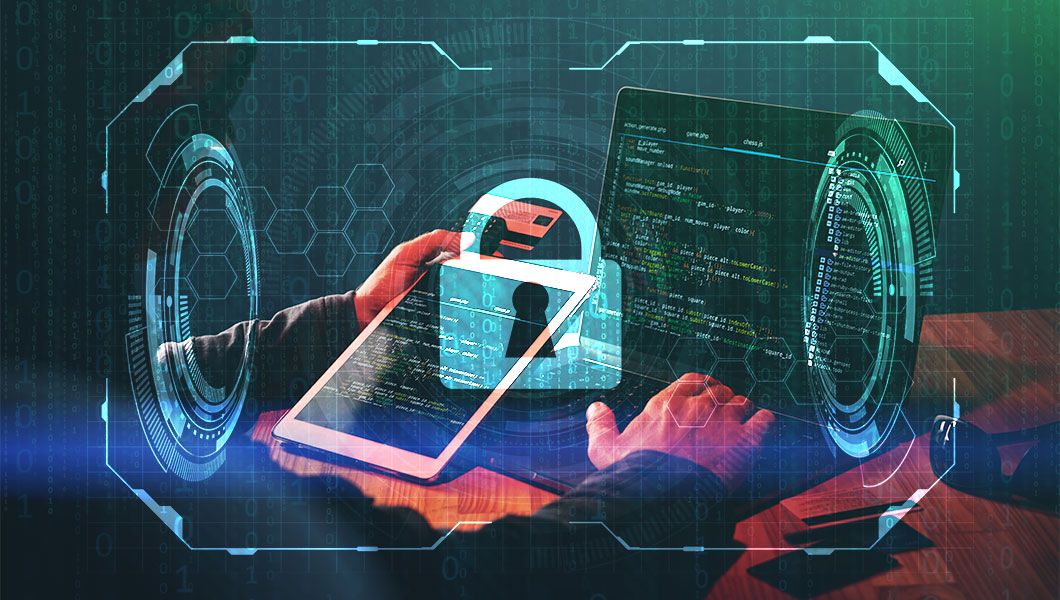ALTR’s Share of USPTO Issued Blockchain Tech Patents Nearly 10%

Developer of commercially available blockchain-based data security platform achieves unprecedented quantity and speed in patent allowances
Washington, DC: Enterprise data-security company ALTR announced that it is a top patent recipient, owning a significant share of all blockchain-related patents issued by the United States Patent and Trademark Office (USPTO). With 117 patents issued with the term blockchain (or “block chain”) in a claim over the 12 months preceding December 2018, the 13 issued patents for ALTR (the company has 2 allowances) corresponds to nearly 10 percent of the patents claiming blockchain technology for that period. Since December of 2017, ALTR has averaged more than one patent issuance per month, and the trend is expected to continue into at least March of 2019 given currently allowed cases set to issue in the coming months.
ALTR, which provides cybersecurity benefits of blockchain for the enterprise based on ALTR’s proprietary ALTRchain technology, has been granted 15 blockchain-related patents in total. As of November 2018, the Office has issued 307 patents claiming blockchain technology, having published about 979 such applications, making ALTR’s success rate particularly striking. ALTR has enlisted Pillsbury Winthrop Shaw Pittman LLP, recognized among the most skilled and highly regarded intellectual-property law practices in America, to manage its patent portfolio.
“What is unique about ALTR is the quantity and speed of the number of patent allowances it has received. ALTR’s focus on adapting the security and integrity of blockchain to the enterprise has been part and parcel to its strategy of engineering the technology from the ground up. The pragmatic nature of its inventions results in very judicious patent applications that zero in on the commercially relevant scope of the claims,” said Josh Tucker, a Pillsbury representative.
Despite its original purpose as a decentralized, open-source ledger that underpins cryptocurrency networks like bitcoin, applications for blockchain are emerging around privacy, security and verifying ownership due to its inherent consensus mechanisms and the resiliency of its underlying architecture. The technology is becoming an essential ingredient for companies looking to reshape industries ranging from financial services and healthcare to property rights protection, shipping, and food safety.
Restoring digital trust to organizations by changing the way valuable data is monitored, accessed and stored, ALTR offers a platform for data security that can be seamlessly inserted into existing enterprise networks to leverage features of blockchain for cybersecurity. The company began selling its platform in June as the first and only practical, scalable blockchain technology for enterprise data security. It is based on a re-engineered private blockchain model that enforces data governance policy, protects stored data from forced access, and provides detailed intelligence about an organization’s data access needs and habits. Austin-based ALTR is simple to deploy and easy for both technical and non-technical business stakeholders to use, providing them with an intrinsic view and control over the inner data environment of an organization including how sensitive data assets are used or seen and by whom.
“Our patent portfolio represents a formative leap in blockchain innovation,” said Dave Sikora, CEO at ALTR. “Our focus is on using blockchain as a structure for storing any type of data, and we have re-engineered the technology to function at application speed, overcoming the performance barriers that hinder blockchain’s use in the enterprise.”
It can take years for the United States Patent and Trademark Office to evaluate a patent application to determine whether to grant patent protection. The Patent Office has issued ALTR’s patents with unprecedented speed in a climate where many software-related applications are effectively denied on subject-matter eligibility grounds.
While little information exists on the exact number software applications denied by the patent office solely on those grounds, a U.S. Supreme Court ruling in 2014, in response to abuse by patent trolls – companies and individuals that collect patents with the intent to sue for infringement – established a framework for broadly classifying certain software-related claims as directed to abstract ideas (and therefore not patent eligible unless some inventive concept beyond the abstract idea can be found in the claim), which has proved fatal to many such applications.
That framework has made the patenting process for computer software considerably more complex, often requiring a showing of marked improvement over existing technology in the space. The success rate of ALTR’s patent filings is even more striking in view of these challenges.
With an impressive board of advisors that includes Mike Maples Sr. (IBM, Microsoft), Fred Burton (DSS), Michael Hermus (DHS), John Swainson (Dell, CA), Scott Abel (Apple, NeXT), ALTR recently emerged from nearly 4 years of stealth R&D with $15mn in funding to introduce a practical, scalable blockchain technology for enterprise data security.


 By
By 








